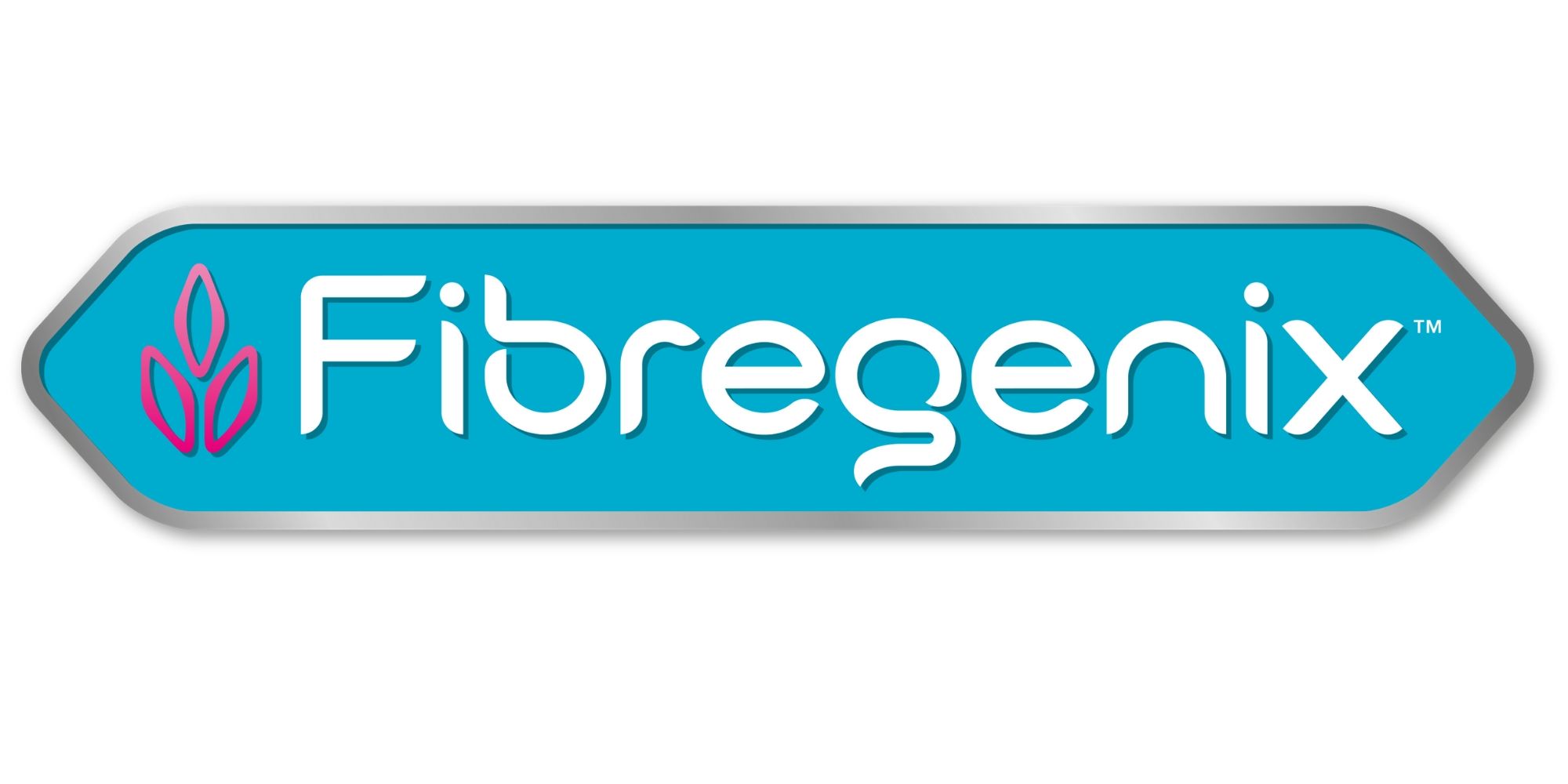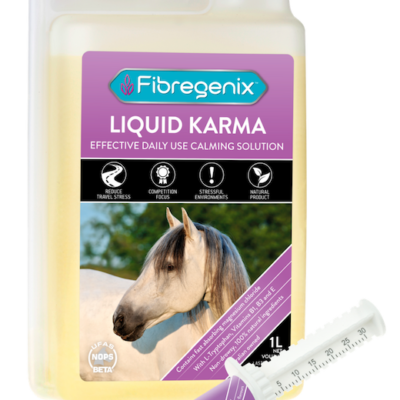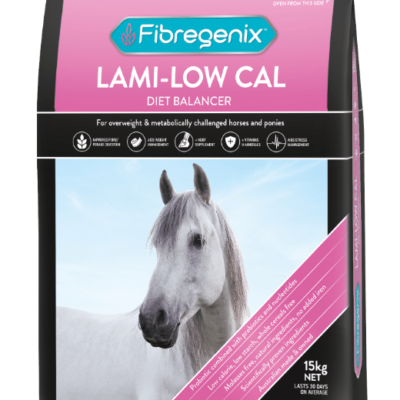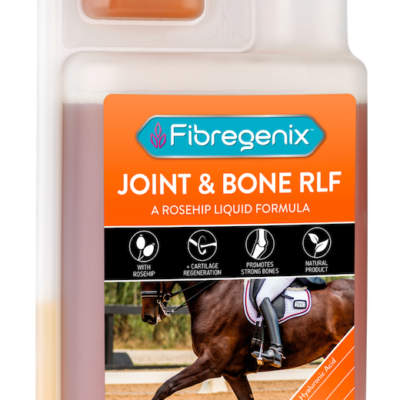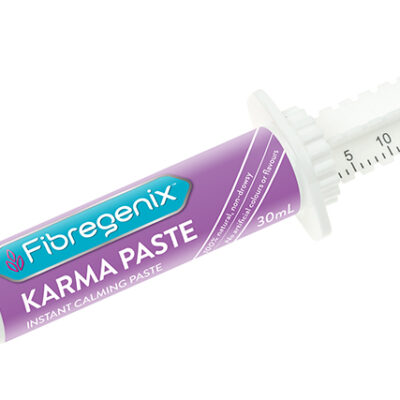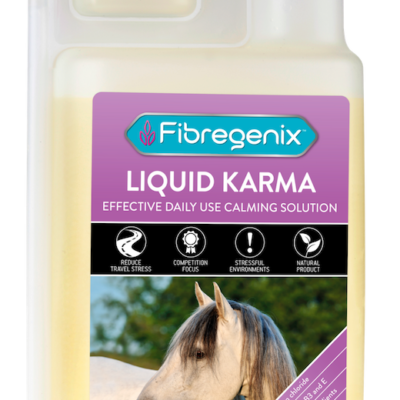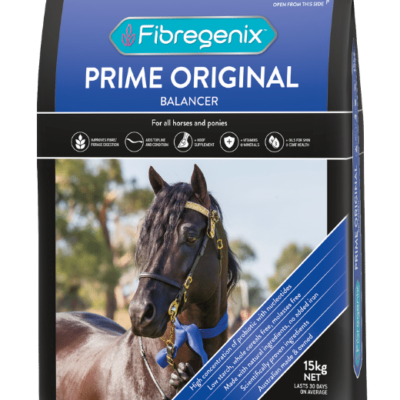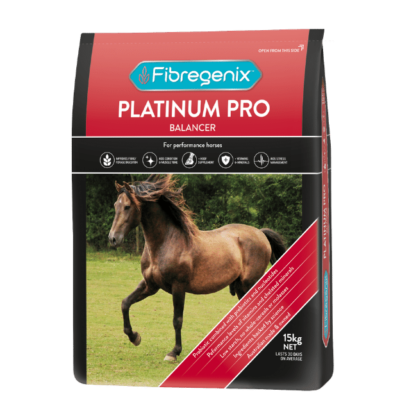Why SAND is good for your horse…
Wait – you say – did I just read that right? Sand??? Surely not?! Actually, you can breathe a sigh of relief because I’m talking about SAND – Supporting All Nutrient Deficiencies 😊
So why do horses get nutrient deficiencies?
![]()
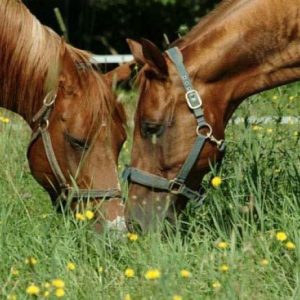
![]() Horses have evolved to roam for miles surviving on mostly grass forage and consume a wide range when available. Compared to their feral cousins, domestic horses have far more challenges when it comes to their diets. We provide restricted areas by creating paddocks which often have limited forage types or unsuitable grass species. Plus, availability and nutrient uptake content can fluctuate considerably from season to season, as well as challenges with soil deficiencies. In the short term – just like us – equines are reasonably resilient to many nutrient deficiencies or even excesses. However long-term, problems start to creep in. Poor hooves and coat quality, loss of topline and overall condition, digestive issues leading to poor performance and behaviour etc. The list goes on. Despite us having access to a plethora of the latest and greatest fortified hard feeds and hay at our disposal.
Horses have evolved to roam for miles surviving on mostly grass forage and consume a wide range when available. Compared to their feral cousins, domestic horses have far more challenges when it comes to their diets. We provide restricted areas by creating paddocks which often have limited forage types or unsuitable grass species. Plus, availability and nutrient uptake content can fluctuate considerably from season to season, as well as challenges with soil deficiencies. In the short term – just like us – equines are reasonably resilient to many nutrient deficiencies or even excesses. However long-term, problems start to creep in. Poor hooves and coat quality, loss of topline and overall condition, digestive issues leading to poor performance and behaviour etc. The list goes on. Despite us having access to a plethora of the latest and greatest fortified hard feeds and hay at our disposal.
So, what is going on exactly and what can we do about it?
Forage – is this supporting all nutrient deficiencies?
The world climate is changing – FACT. And we cannot always rely on consistent supplies of decent quality hay that’s sweet smelling, dust and mould free. or of a type that’s wholly compatible with the horse’s delicate digestive system. Shortages are becoming more commonplace resulting in panic buying leading to lack of choice and availability. This results in people having to feed cereal forage just to keep roughage going through their horse. But is this a problem? Well, potentially yes. For example, in WA this year with chronic hay shortages there was a significant rise in cases of impaction colic. Cause? Feeding barley straw as a sole forage source.
What can you do?
Well, thank goodness the new season crops are starting to arrive which takes the pressure off. So look for the best quality hay that will be best utilised by your horse. But again, try and refrain from ‘stocking up’ unnecessarily otherwise we’ll be back to square one again.
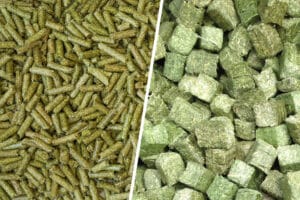 Consider bagged fibre products to complement hay intake. The latest lupin fibre mash products spring to mind or hay cubes/pellets. Remember, investing in a quality feed ultimately pays dividends.
Consider bagged fibre products to complement hay intake. The latest lupin fibre mash products spring to mind or hay cubes/pellets. Remember, investing in a quality feed ultimately pays dividends.
Hard feed – is this supporting all nutrient deficiencies?
Many people have performance horses that need the type of energy that only a starch-based hard feed can supply. And there are plenty to choose from. Just be certain your horse really needs hard feeding for his workload and don’t forget the rules about feeding starch. Ie, feed small amounts often to avoid digestive problems. Where possible, rely on quality forage sources, fat based or legumes instead. But here’s a question. Can hard feed really do the job of supporting all nutrient deficiencies? Well, if you feed the recommended daily serve as suggested on the bag, then yes, it can. After all, that’s what it’s been formulated to do. But feed far less than the recommended daily serve and this is when the wheels start falling off. A bag of hard feed has daily feeding rates typically in the range of 0.25 up to 0.5kg per 50kg of body weight. This is to ensure the horse gets a full complement of essential daily nutrients. However, feeding less than this will leave your horse with key deficiencies that over time might cause health issues.
Supplements – supporting all nutrient deficiencies.
Ah, a great bone of contention for many. When belts need tightening and purse strings need shortening, what’s the first thing we ditch in the horse’s diet? Supplements! I see it all too often. And for sure, supplements can be an expensive addition to your horse’s diet. But does he really need them? Many will swear by the practice of keeping things simple, relying on natural, non-processed feeds and their horses thrive. But what about those horses who end up not thriving? My inbox is bulging with queries from people who tried to keep it simple and failed. Their horses dropping weight like a stone, looking pretty average, and issues like gastric ulcers or worse have developed. Do you have the best maintained and healthiest paddocks and access to the best quality hard feeds and hay? If yes, wonderful!! If not, then many people will ditch supplements and feed a fraction of that hard feed. Primarily too make it last longer and save money. Unfortunately, this practice is going to ultimately impact your horse’s health and well-being long term. End result? Yep, more vet’s bills….
So where does SAND come into the picture?
We’ve all read about the perils of over-supplementing or under-supplementing. Knowing the importance of vitamins and minerals to horse health shouldn’t lead to the assumption, “if some is good, more must be better.” I tend to see more cases of over-supplementing which are keeping people (and horses) the poorer for it. There’s an optimal range (sometimes wider, sometimes more narrow) for each vitamin and mineral required by the horse’s body. Toxicity can result from stepping past the upper limit of that range. And it’s often no less dangerous to a horse’s health than the deficiency caused by failing to meet the lower threshold. This is why when it comes to supporting all nutrient deficiencies, keeping it simple is still the way to go. Important to note that if a nutrient isn’t in a form that’s easily digested and absorbed, it may as well have never been fed at all.
So what should I look for in a supplement that is SAND? Well fortunately, we have a pretty awesome solution… A Fibregenix balancer supplement. These supply quality digestible protein, omega 3 and 6 fatty acids, every essential vitamin and mineral including bioavailable chelate forms. Not only that, they include the very best in digestive and gut health aids. All wrapped up in a palatable fibre package that horses love.
How will they help?
Our range of 3 very nutrient dense specialist Fibregenix balancer supplements is whole cereal free, super low in starch and sugars and each balancer is multi-faceted in their approach and function.
Here’s just a few of the things you can expect…
- they’ll complement that forage diet your good doer is on;
- help you cut down on starch-based hard feed for that performance horse you compete on. Look after his digestive and gut health promoting fitness and work recovery. Boost immunity, and help to manage his stress levels.
- give your golden oldie a valuable boost of essential nutrients and support his digestive capability,
- support your metabolic or laminitic horse or pony with vital nutrients and powerful gut health aids.
- promote topline and condition for your poor doer who needs a much needed pick me up and better feed utilisation.
- support your convalescing horse providing a valuable boost of nutrients, whilst helping him to keep calm aiding in his recovery.
- boost your broodmare’s nutrition during pregnancy and lactation. Provide great gut health from the start for your foal. Ensures your youngsters have steady growth rates, great quality hooves and coat. Support the bone development of growing horses.
Get the picture? And they deliver so much more for so many categories of horses and ponies. Not only that, you’ll consolidate your supplements in one palatable product which will save you money long term.
All these benefits in 3 amazing products proving that sometimes SAND is what your horse needs… Where would you be without them 😊
The Take home message is:
It’s well worth investing in a quality product rather than risking expensive vet bills because you made an unwise decision to go for the cheapest option. After all, how much forage, hard feed and Fibregenix could you have bought for your horse with the last colic related vet bill?
“Let food be thy medicine, and medicine be they food” Hippocrates (400BC)
